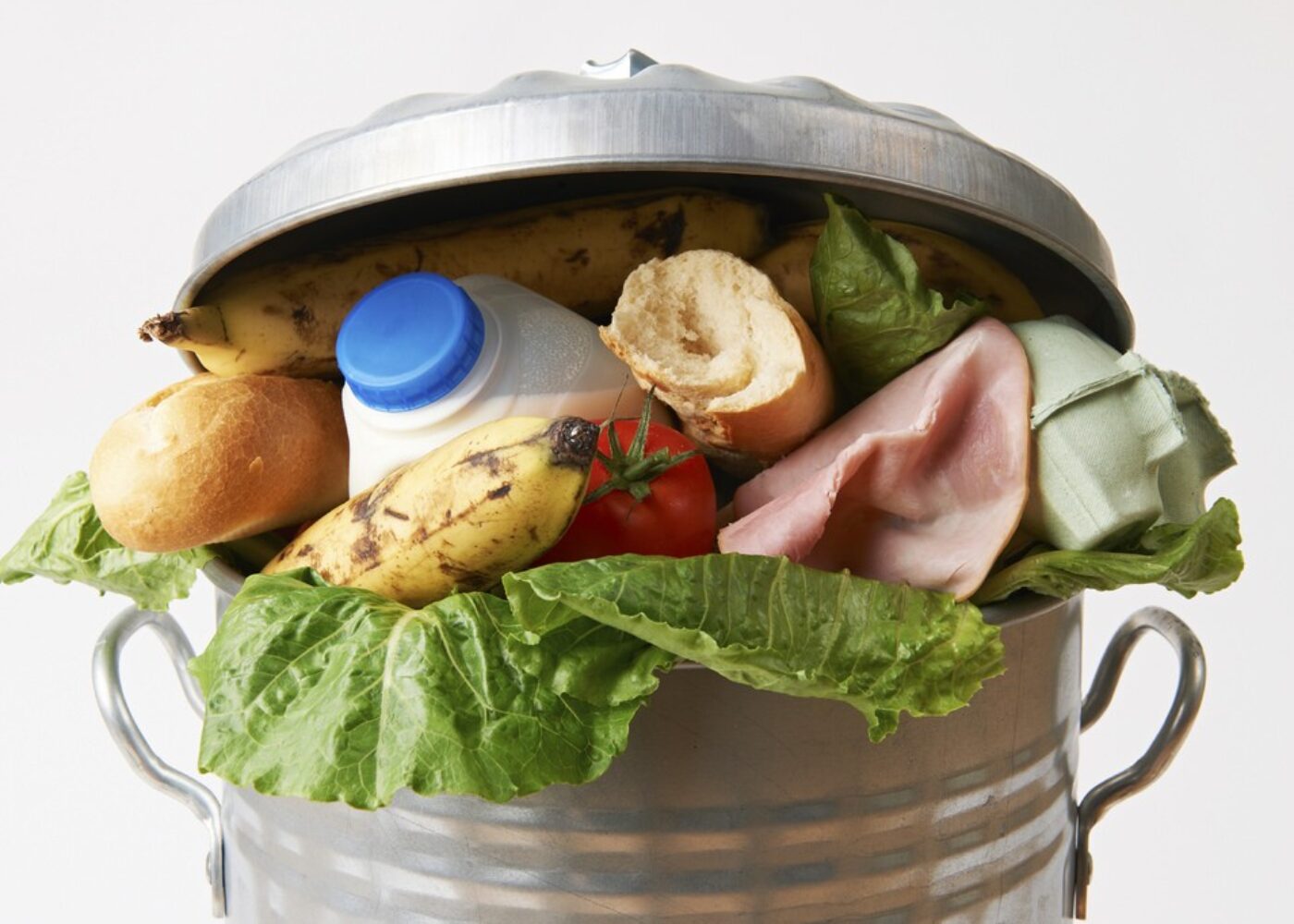How to Feed the World: Four Ways to Reduce Food Waste

In the U.S., we waste and toss out almost 40% of our food, racking up $165 billion in losses each year.
Right now, chemical and biotech companies like Monsanto are busy manufacturing demand for their genetically engineered products by claiming that we need their products and their portfolio of pesticides, herbicides and fertilizers to feed the world. It’s a strong marketing strategy, but it omits a glaring truth.
According to Business Week, “the issue isn’t so much that we can’t grow enough. Rather, existing food supplies are so poorly distributed that those hundreds of millions have too little for their own health, while 2 billion-plus have too much.” On top of that, a third of food is wasted worldwide, spoiled and thrown out before it even reaches consumers.
We are wasting enough food every day here in America to feed the hungry. And while much focus has been on the obesity epidemic, it is becoming increasingly hard to ignore the fact that with advertisements and food access available 24/7, we’ve got more food than we know what to do with.
According to both the USDA and United Nations, 30-40% of food is wasted. MSNBC just reported that “Food Waste is a Massive Problem.”
Nearly one-third of the fruit, vegetables, grains, meat, and packaged foods produced across the globe gets tossed out every year.
Americans throw away an average of 20 pounds of food each month—costing them each between $28 and $43.
Americans throw away 96 billion pounds of food every year, or 27 percent of the total amount of available food. That’s 3,000 pounds of food a second.
But what if we were to figure out a better business model, designed to deliver all of the food we need without wasting over a quarter of it? What if our taxpayer dollars were used to build a distribution model to get this food to people who need it, like the 1 in 4 American children at-risk for hunger, rather than on farm subsidies which are arguably contributing to this mounting waste?
We have an opportunity to actually build a better food system, one that creates less waste and more nutrient-dense foods. Wouldn’t that be in the best interest in the health of our families, our corporations, our economy and our country?
Supermarket Guru, Phil Lempert covers four good ways to reduce food waste. Take a look, and please share. Together, we can build a smarter food system.






